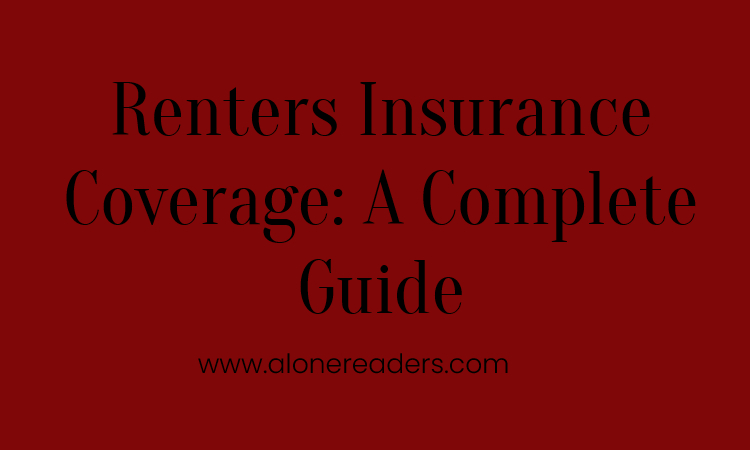
Some people might consider renters insurance to be just another monthly expense that is unneeded. But the extra protection provided by personal property insurance and renters liability insurance might save you from stress in the event of a theft, accident, or environmental damage, if your home or apartment is rented. You must purchase renters’ or tenants’ insurance if you want to safeguard your finances.
The insurance industry refers to HO-4 insurance coverage by its more popular name, renters’ insurance. Renters insurance is a type of property insurance that defends the insured against legal liabilities and pays for losses to their personal property. Renters insurance will provide coverage for a mobile home, a studio apartment, or a whole house.
Renters insurance essentially helps in your recovery following a covered event. After you pay your deductible, a little cost that helps keep your premium low, your insurance company will pay your claim based on the coverage you've chosen.
Before signing a lease, some landlords require that their tenants get renters insurance.
No, renters’ insurance is not mandatory. But there are undoubted quite a few items in your rental that you would find it difficult to live without.
Even if you are confident, you could replace your apartment's contents if necessary, getting a simple liability insurance policy could help you avoid going bankrupt. While you might be able to recover the cost of the couch on your own, if you wind up being held accountable for significant harm or injury, you might have to pay charges that would force you into bankruptcy.
Your insurance will determine the scope of the protection you receive. Let's instead discuss the items that renters’ insurance policies often cover.
Common renters' insurance coverage
Optional renters' insurance coverage
Exclusions are a part of any insurance policy, and renters’ insurance is no different. The following are some things that renter’s insurance won't cover:
According to the most recent statistics from the National Association of Insurance Commissioners, the average renter’s insurance cost $174 annually, or $14.50 per month (NAIC). The majority of renters only have $75,000 worth of insurance.
Several factors, such as the following, will affect your exact cost:
It's a good thing that renter’s insurance isn't expensive because you can probably afford at least a small policy. A greater deductible will result in a cheaper premium, and a lower deductible will result in a higher premium, so keep that in mind.
How much stuff you have, how precious it is, and how much your savings and other assets are worth can determine how much renter’s insurance you need. You need more insurance the more you stand to lose.
Do an inventory of your possessions before deciding how much personal property insurance to purchase. There are many home inventory applications you may use to keep track of your stuff. This may be helpful if you submit a claim.
For renters, renters protect their belongings and possessions from theft, damage, and more. Also, the advantages it offers landlords are just as crucial to reducing stress, problems with the law, and tenant conflicts:
If you're trying to decide whether or not you need renters’ insurance, you should give some serious consideration to your capacity to pay for potential unexpected costs. If the chance of these events occurring is your only reason for not obtaining renters insurance, you may want to think twice. When the worst happens, having tenants’ insurance can help you rest easy knowing that you won't lose everything.